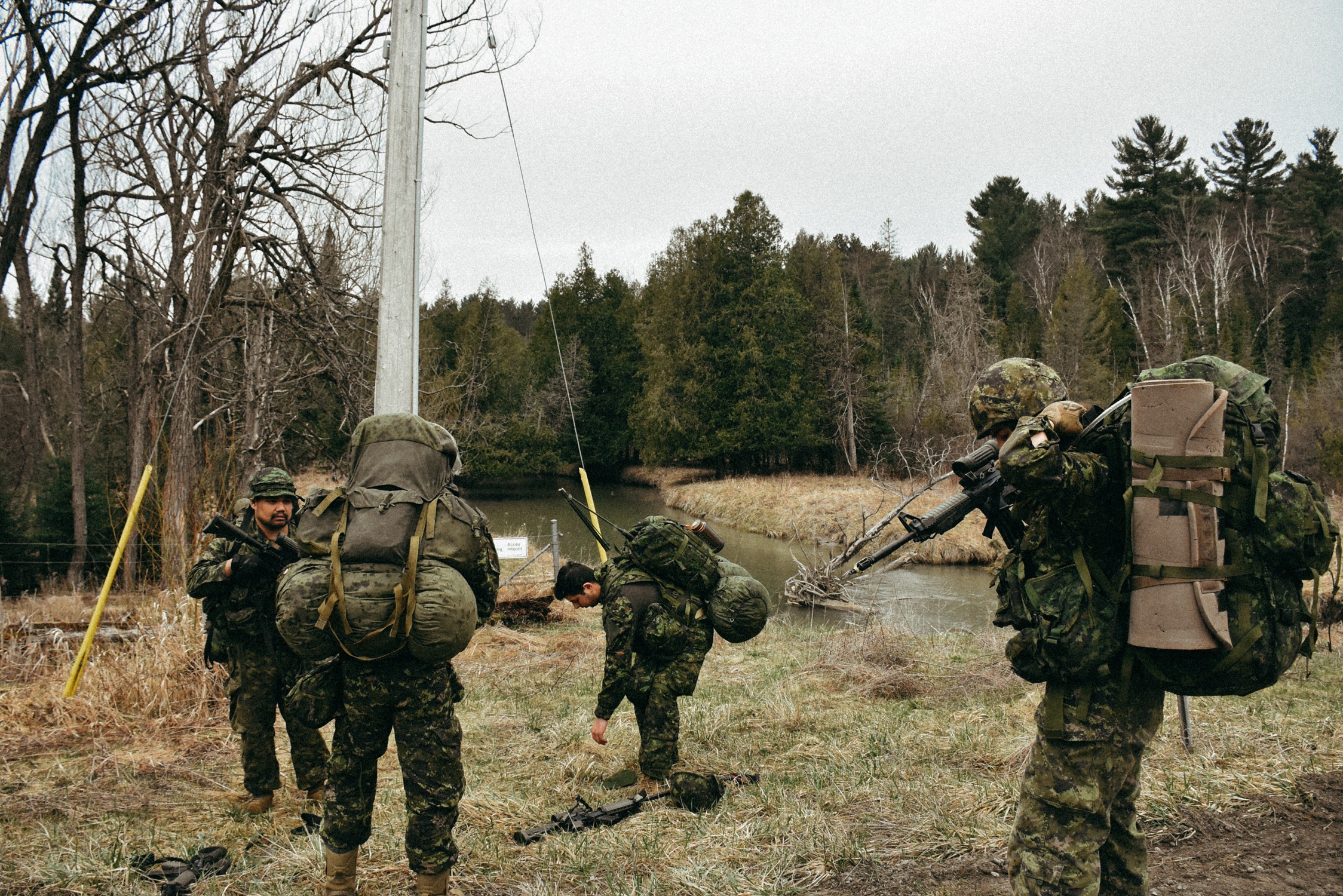In the military and law enforcement, having a properly built Individual First Aid Kit, or IFAK kit, can save lives on the front lines. Whether you’re going into combat or law enforcement situations, you must be prepared for the worst. Building your own IFAK kit tailored to the specific situations you face can be a daunting task, but it’s essential to ensuring the readiness and safety of yourself and your team. In this blog post, we will guide you through the essential components to include in your IFAK KIT and discuss why these components are necessary.
Medications – In most situations, you’ll need some medications in your IFAK kit. Pain relievers, such as Ibuprofen or acetaminophen, are a good start. Additionally, antihistamines, such as Benadryl, can help prevent allergic reactions. Finally, anti-diarrhoeal medications, such as Imodium, can help keep digestive concerns at bay.
Hemostatic Agents – During combat or law enforcement situations, you might have to face bleeding wounds. In such situations, hemostatic agents should be a part of your IFAK kit. Hemostatic agents help slow down or even stop bleeding until you can get proper medical aid. Examples of such agents include QuikClot and Combat Gauze.
Trauma Dressings – Trauma dressings are an essential component of your IFAK kit. They can help cover large wounds and stop bleeding. Trauma dressings are available in different sizes and shapes, and it’s important to include them in your kit in the right size and number. In most situations, 2-3 trauma dressings should be a part of your kit.
Tourniquets – Tourniquets are essential if you’re facing severe bleeding or have a severed limb. In such situations, these devices can be a lifesaver. However, they must be used properly and promptly. In addition to tourniquets, it’s a good idea to include a sharp instrument such as medical scissors or a quality knife to cut away clothing, remove any obstructions, or administer care.
Chest Seals – Chest seals are crucial if you or a team member experience a chest injury. Such wounds might be caused by open pneumothorax (collapsed lungs) or tension pneumothorax (air builds up in the pleural space and crushes the lungs). Chest seals can help keep the lungs in place and prevent fatal injury, and they should be part of your IFAK kit.
In conclusion, putting together a comprehensive IFAK kit is one of the most crucial things you can do for yourself and your team. It’s not only a matter of personal safety but also the duty of every military and law enforcement personnel. The above-mentioned components should be considered the essential parts of any IFAK kit, but depending upon the situation, specific things such as occlusive dressings or nasopharyngeal airways should be added to the kit. The primary aim of the IFAK kit is to provide aid until the medic or medical professionals arrive. We hope that this guide will help you to build a better IFAK kit and be prepared for any life-threatening situation that may occur during your duties.
For more great articles, please click here.

